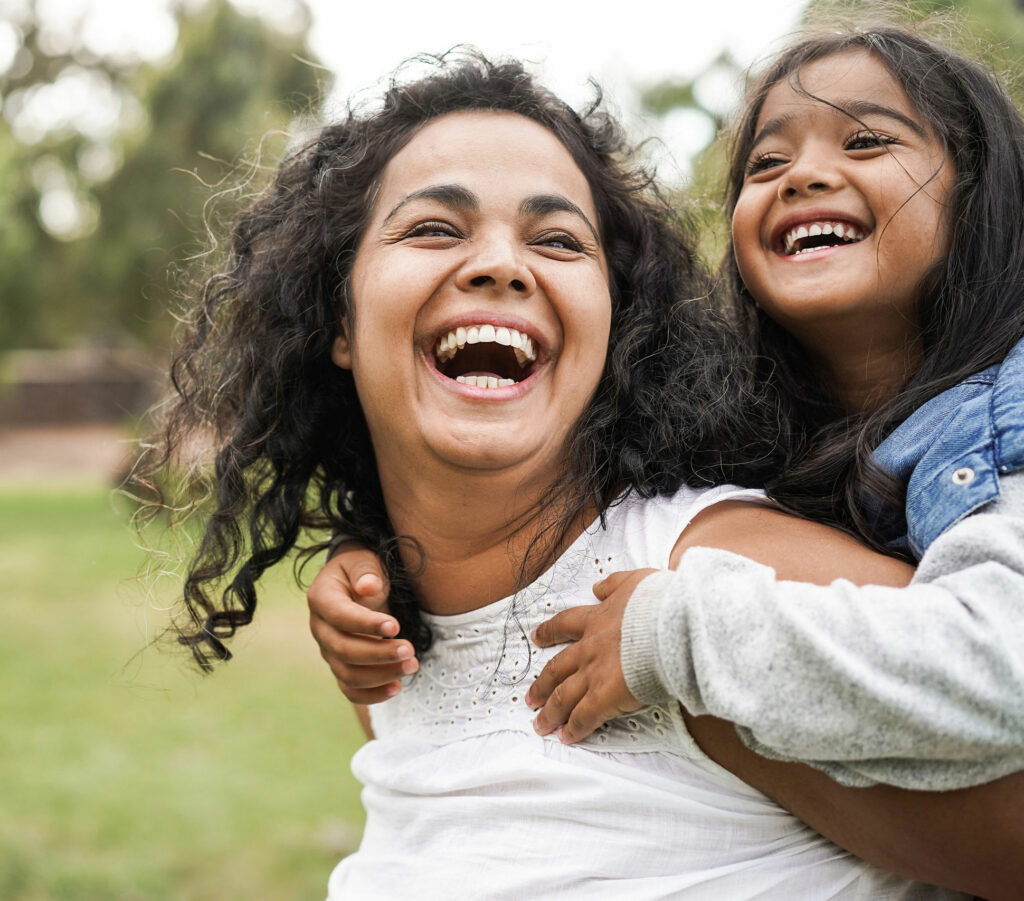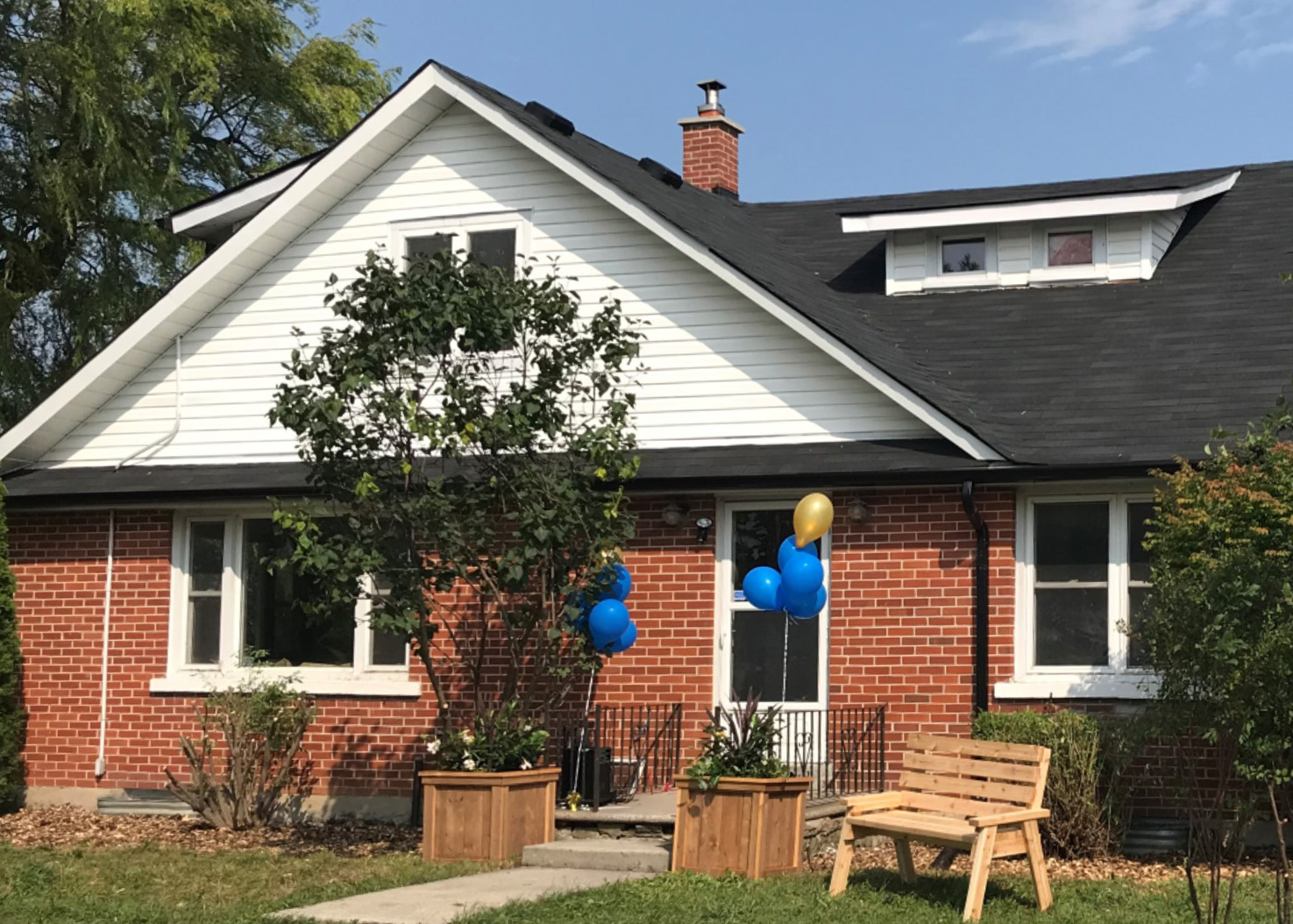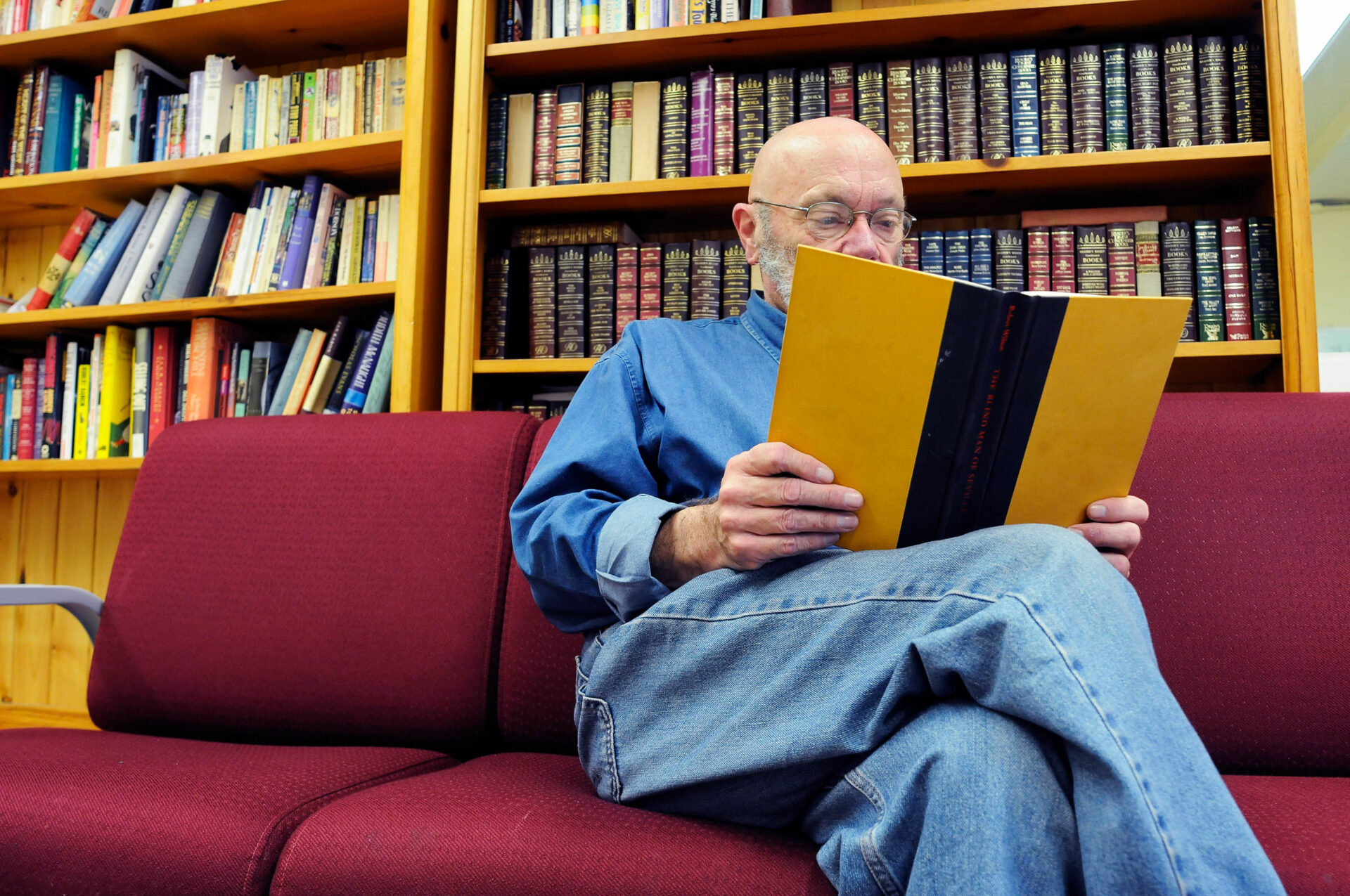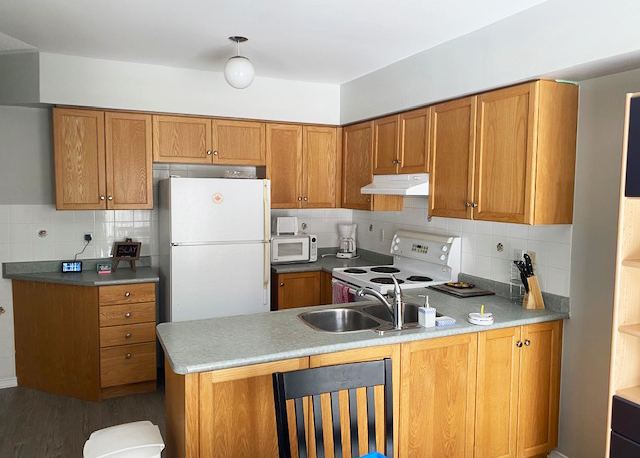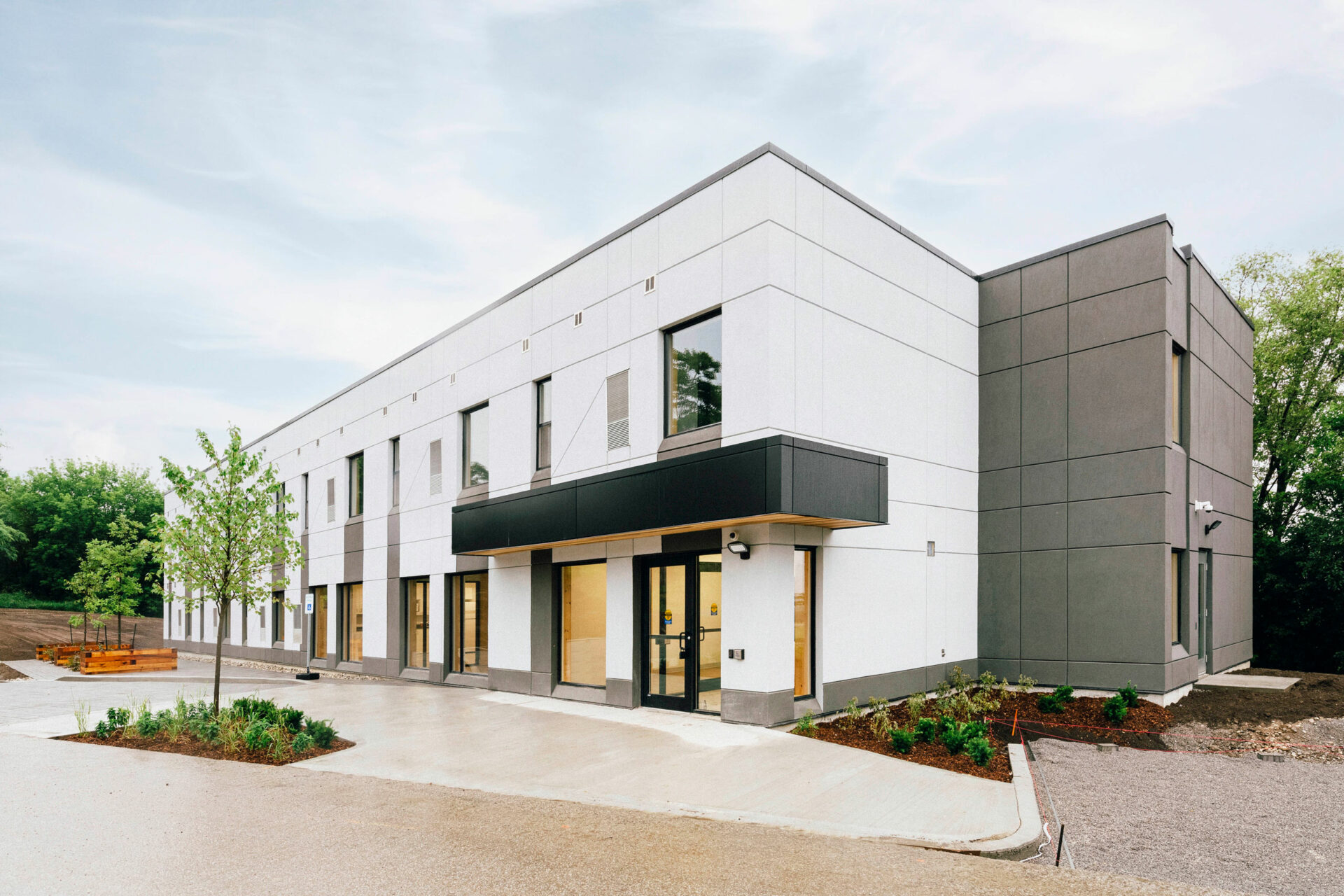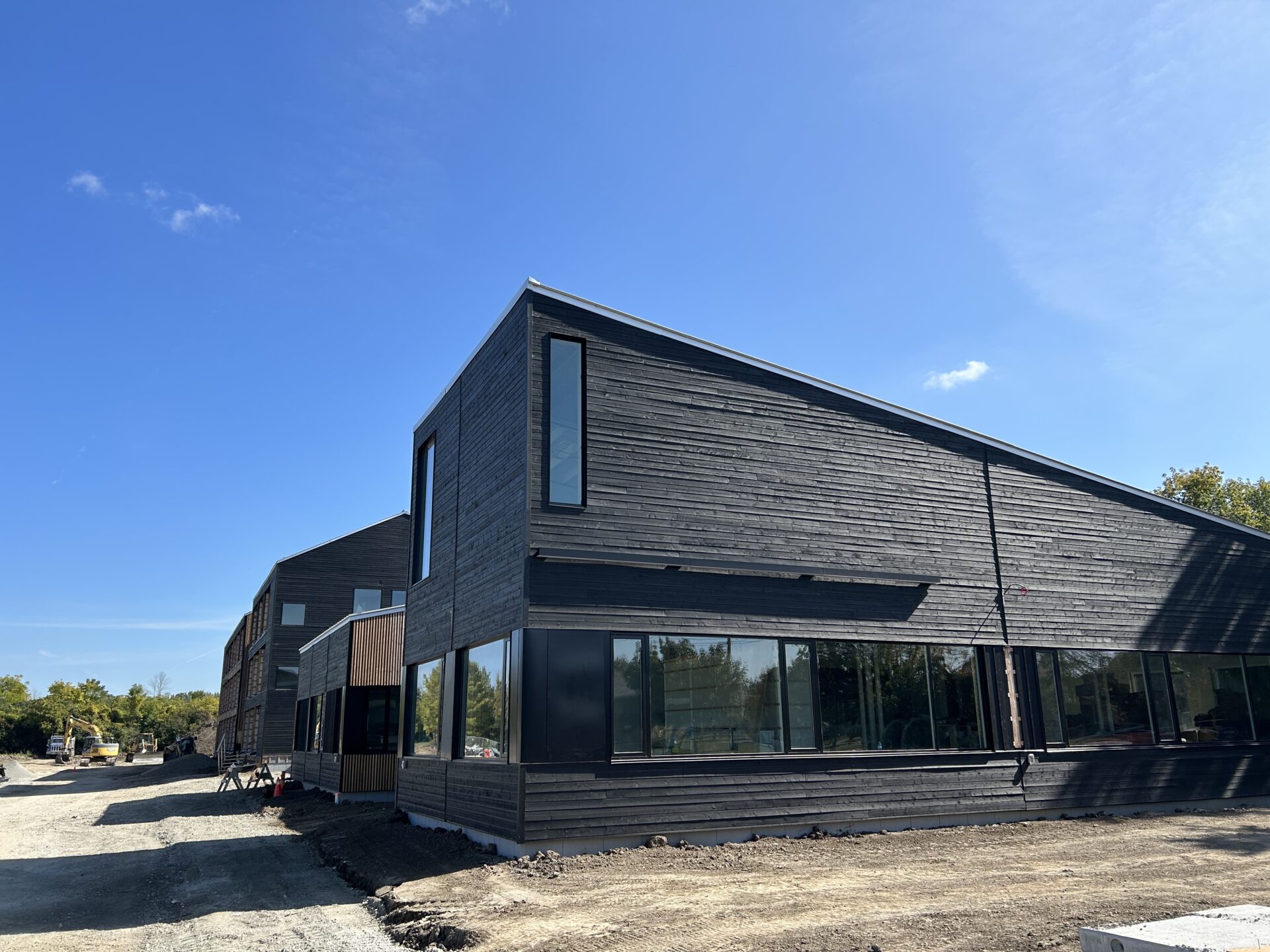Transitional housing is intended to be a stepping stone to help very vulnerable people move from emergency housing to affordable housing, ultimately preventing people from cycling back into homelessness.
80% of people who experience homelessness will never experience homelessness again. For these individuals emergency housing, which offers 30 days for men, 3 months for families, and 6 months for youth, is often enough time and support.
However, 20% of people experiencing homelessness will do so repeatedly, lacking the time and support offered through emergency housing to overcome barriers and trauma. This is particularly true for youth, who lack support networks, education, and employment experience.
76% of youth facing homelessness, will experience multiple periods of homelessness.
To better support people in permanently escaping homelessness, transitional housing provides longer stays and ongoing support to address the root causes of homelessness specific to each individual.
